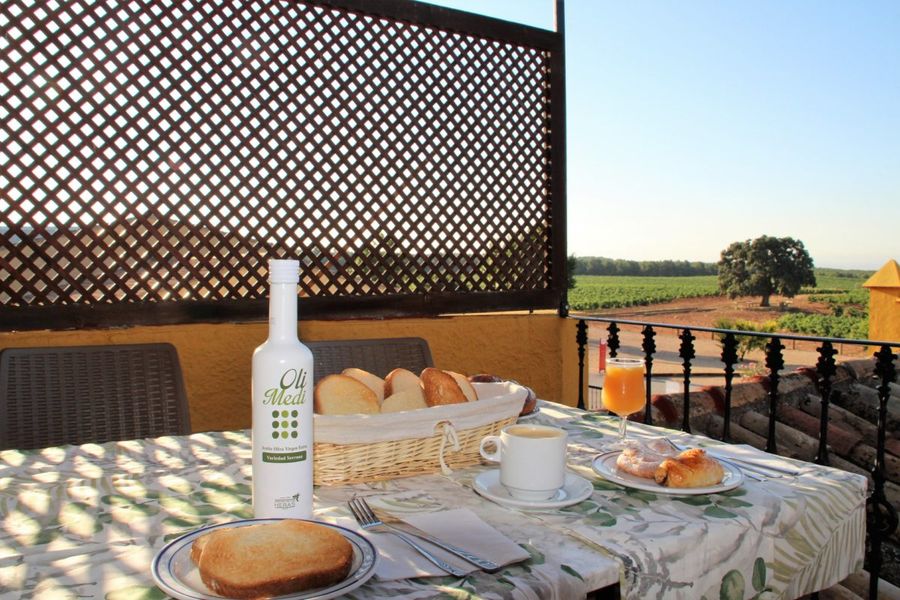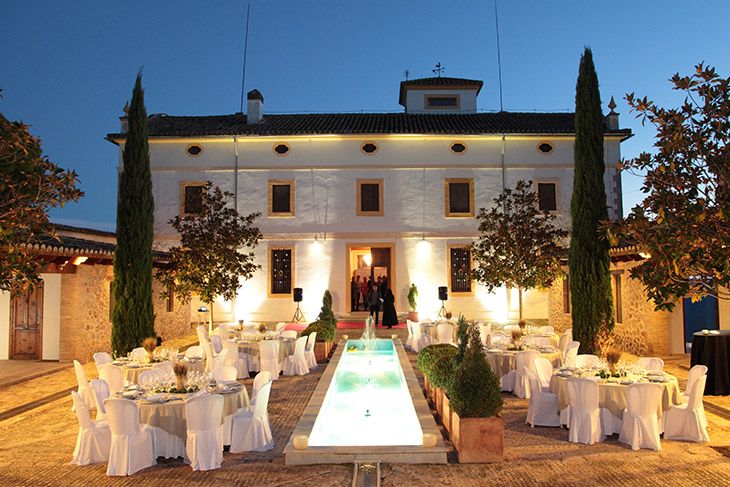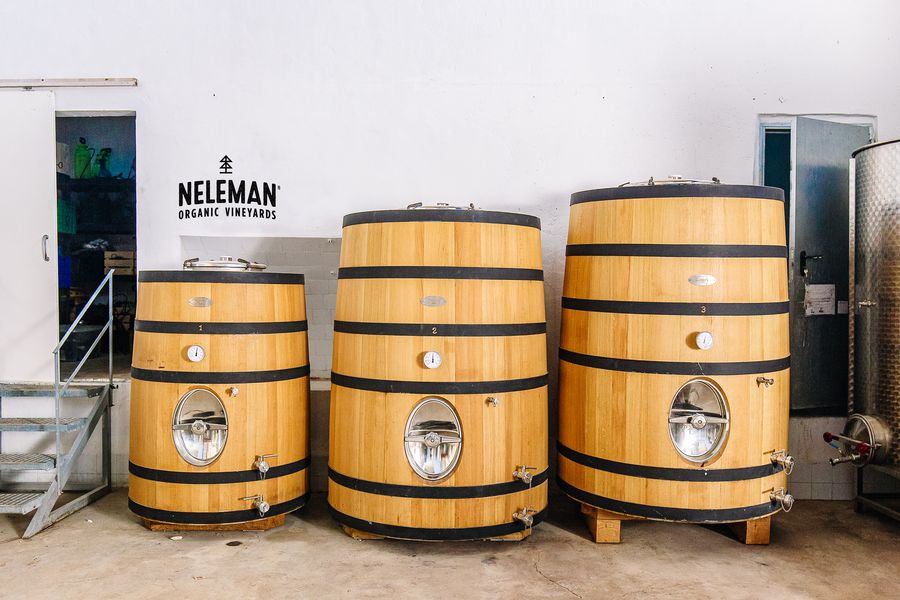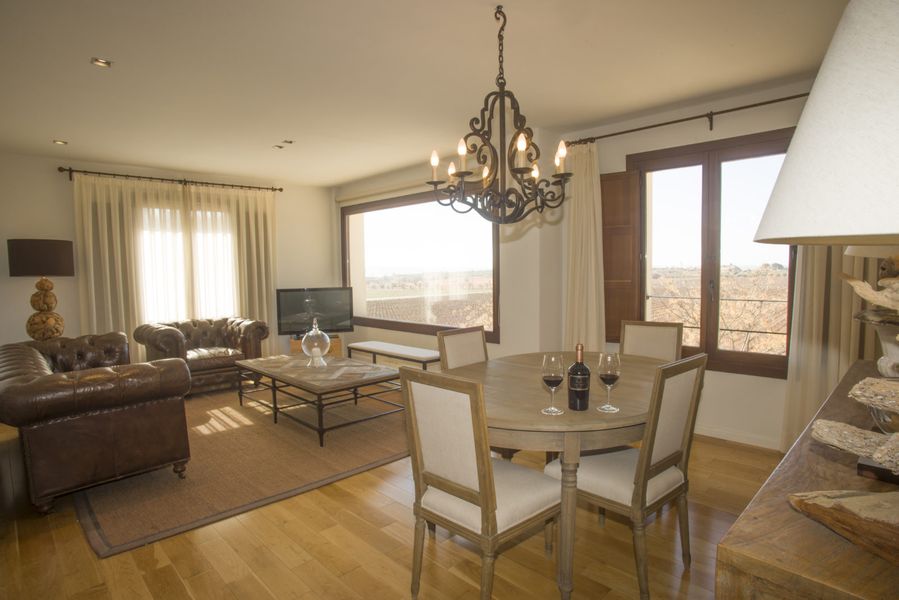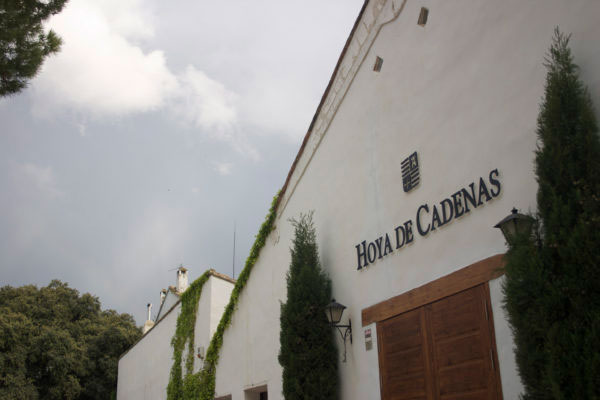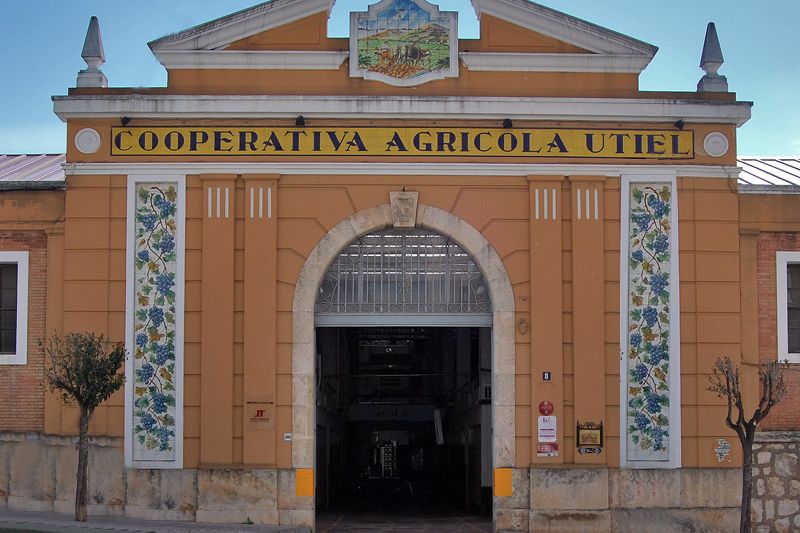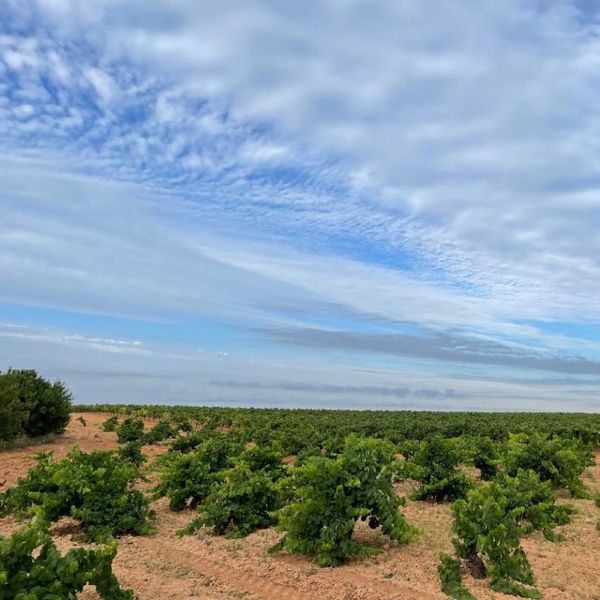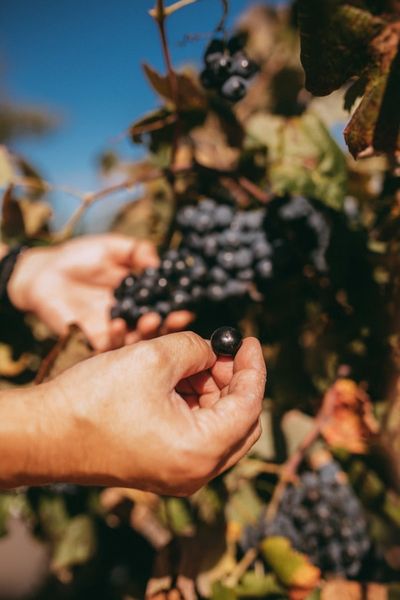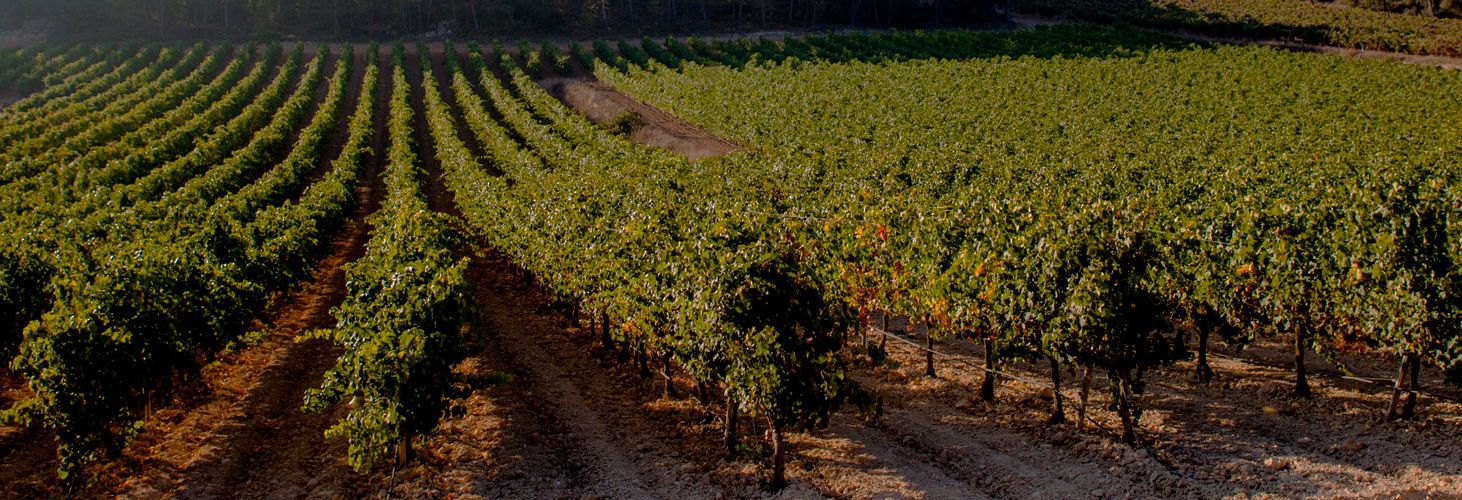Discover the Utiel-Requena wine region
Valencia wine attracts you.
The Utiel-Requena Wine Route is located in the province of Valencia, with 15 wineries. In this province, we can find wineries with visit in 4 localities, within which Requena is an essential destination, with 9 wineries with wine tourism.
The Utiel-Requena route is located in a region located in the high plateau. The vineyards are nourished by a Mediterranean climate that is both dilettantish and acontinentalized. The most characteristic feature that you will find in the wine of Utiel-Requena is that they elaborate their red wines with a grape variety called Bobal, which is not cultivated anywhere else in the world, except in the peninsula.
In Utiel-Requena, wine has been grown for 2000 years and, today, it is a key activity in the economic life of the region; so much so that its vineyard is one of the largest in the Valencian community, where Bobal occupies almost eighty percent of production. This vine has been known since the 15th century, and it is an autochthonous vine that has adapted to the climate of the high plateau. It is also cultivated in other parts of the peninsula, for example in Manchuela.
There are archaeological finds from the Iberian period, but as in the rest of the peninsula, it was not until the Middle Ages that the activity of wine began to be documented. Thus, for example, we have that Alfonso X the Wise, in 1265, signs the Fuero de Requena, where the figure of binaderos or vineyard watchmen is created, for before the grape harvest. But the legal history of wine does not end here; a document from 1479 has been found where foreign wine is prohibited, something we have also seen in some areas of northern Spain, to protect local wine. In the 19th century, in accordance with the ideas of the times, the associations of winegrowers proliferated. And an interesting detail, if you have read other articles on this site, you will know that at the end of the 19th century, there was a plague, called phylloxera, which devastated the French vineyard and also affected, almost to death, some Spanish vineyards; well, it is good to know that the Bobal grape variety offered a strong resistance to the phylloxera parasite, and that the vineyard in this area was not so affected by this plague. In the 20th century, and once again, influenced by the emergence of new currents of political thought, in the early years there was a very emergent cooperativist movement.
As for culinary pleasures, you will find here a mesetarian gastronomy, with typical dishes such as olla (stew with pork meat), potaje (stew) or ajo arriero (garlic).
